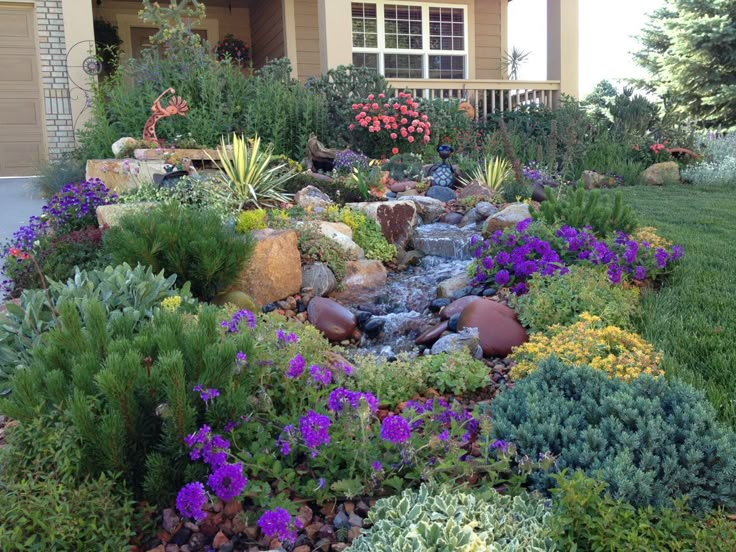Central Texas Native Plants Landscaping

Salvia farinacea henry duelberg is a gorgeous texas native plant that is easy to grow attracts hummingbirds and butterflies is exceeding drought tolerant and doesn t attract deer.
Central texas native plants landscaping. Native plants are perfect sustainable landscape design options for your austin property. Planted along a fence line the saw toothed native green and silver species make an effective barrier that even deer may hesitate to cross. Native plants screens vines and accents native plants alternatives to exotic invasives. The perennial blooms with large yellow flowers throughout the summer.
It grows between 2 feet and 3 feet tall and has flower spikes that are 1 foot long and covered in dark purplish blue flowers. A favorite for many black eyed susans deciduous are good for landscapes in central texas to houston. Smartscapes are well adapted to the texas heat are drought tolerant pest and disease resistant and attract beneficial wildlife. 4 5 comments.
Create beautiful low maintenance landscapes while conserving and protecting natural resources and the environment. Sun shade containers and interior space. You should plant them in early spring or fall and they must be cut back in the winter. Native plants use less water and require less maintenance.
Reduce the amount of water fertilizer and pesticides that you use in your landscape. One of the most ornamental of all desert plants sotol or desert spoon adds instant central texas flavor to any landscape. Winter color with ornamental and edible annuals. Our primary goal is to promote more xeriscape landscaping in austin and central texas and to build upon current xeriscape landscaper design knowledge and practices.
Perennial shrub or small tree. The climate in austin is humid subtropical with mild winters and hot summers. Glossy green leaves with dangling blue flowers are followed by berry like yellow fruit. Texas smartscape is a landscape program that promotes the use of plants suited to the region s soil climate and precipitation.
Central texas has its own set of weather soil and climate conditions that sets it apart from the rest of the state making it important to choose plants that match the environment. The goal is to improve water quality by reducing runoff and conserve local water supplies by selecting ecologically appropriate native or adapted plants that require less water pesticides and fertilizers. Agaves for the landscape. Use the earth kind plant selector to choose the best plants and trees to grow in your texas landscape.
When you want plants that last more than a year try these native perennials. Must be treated as annual root hardy perennial from south central texas and north exposure.














































